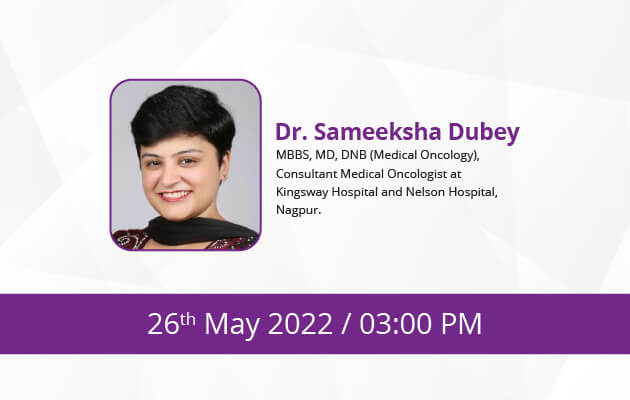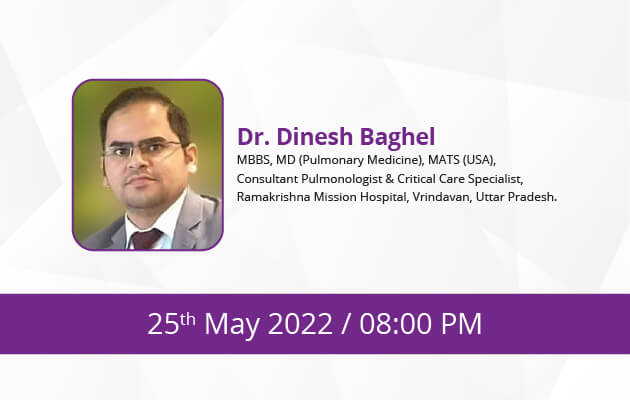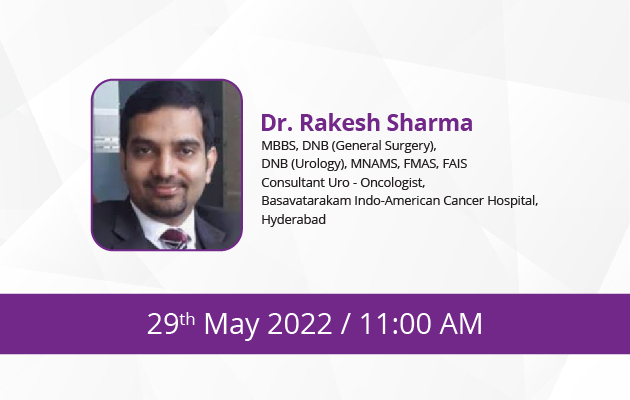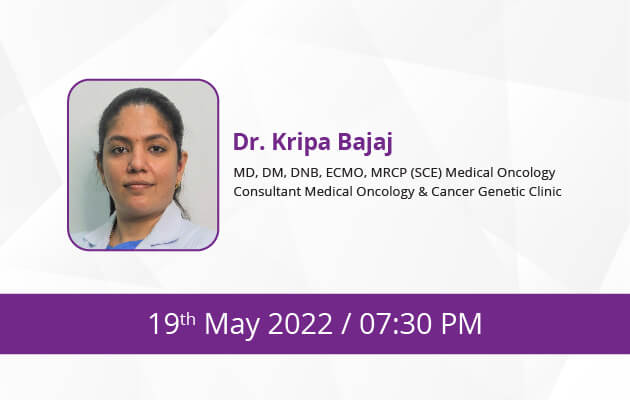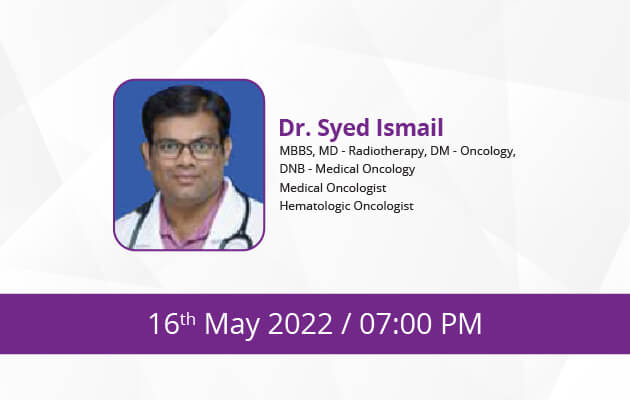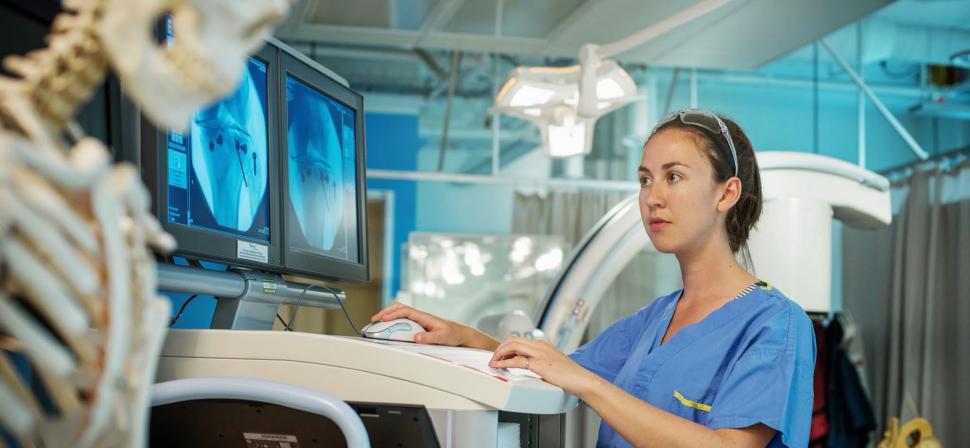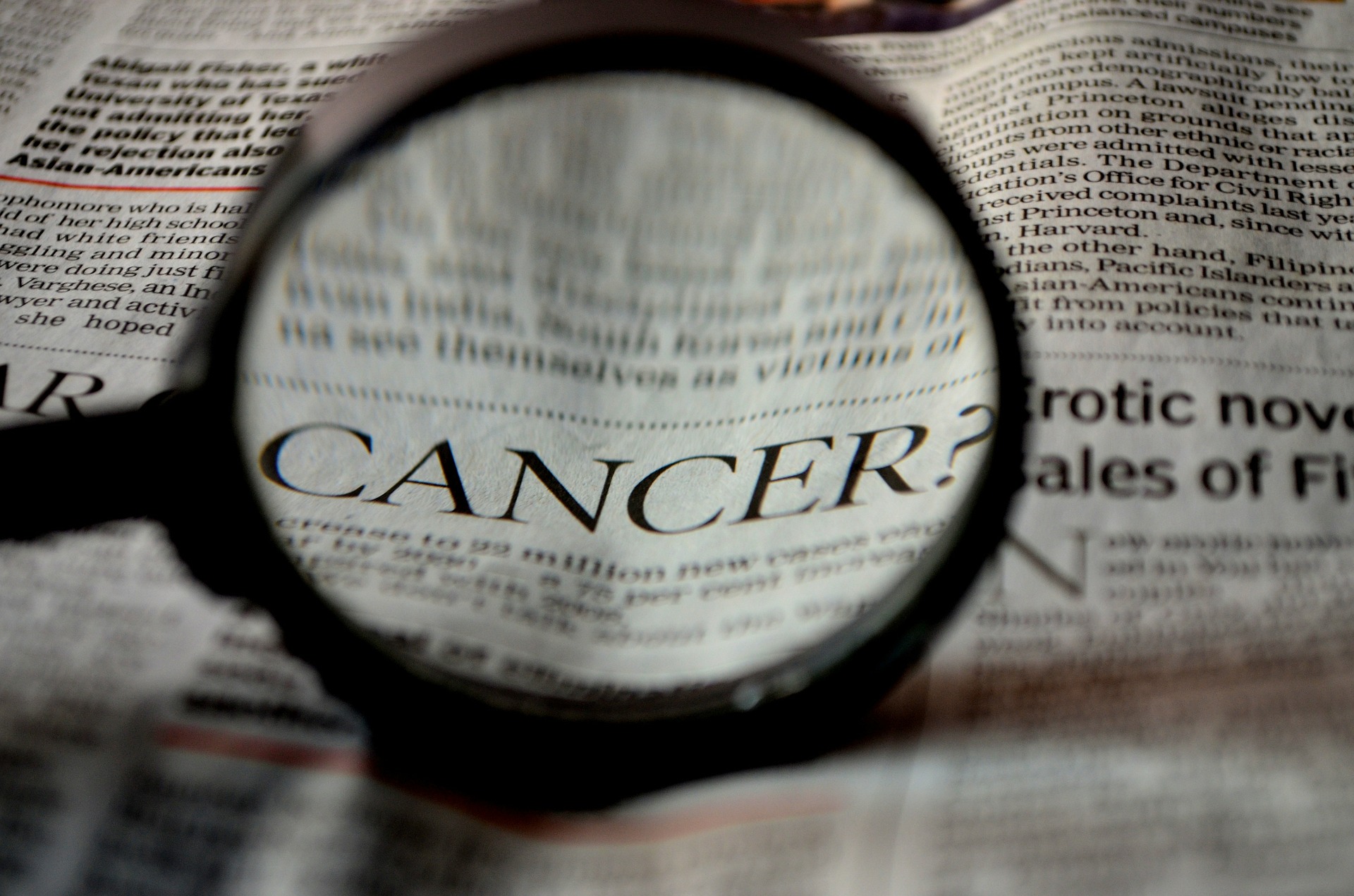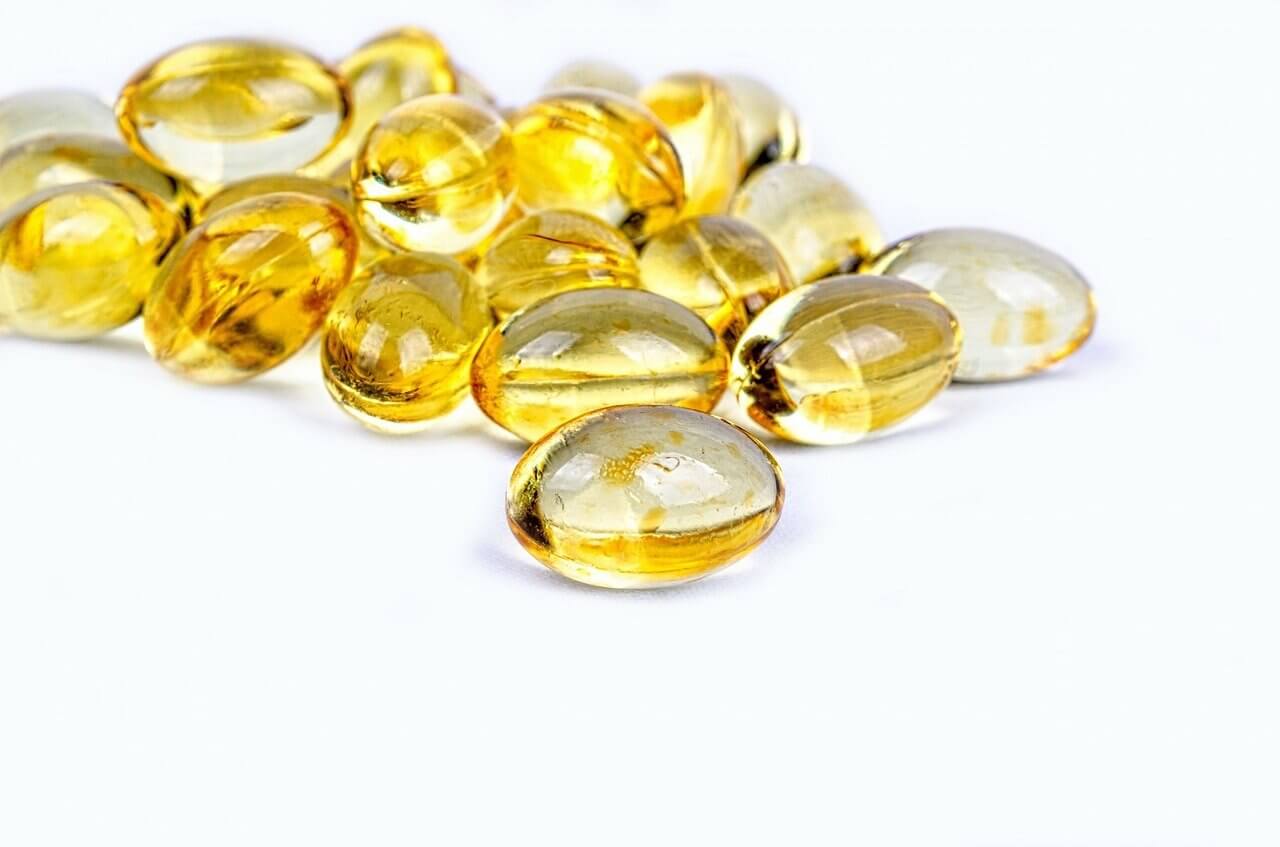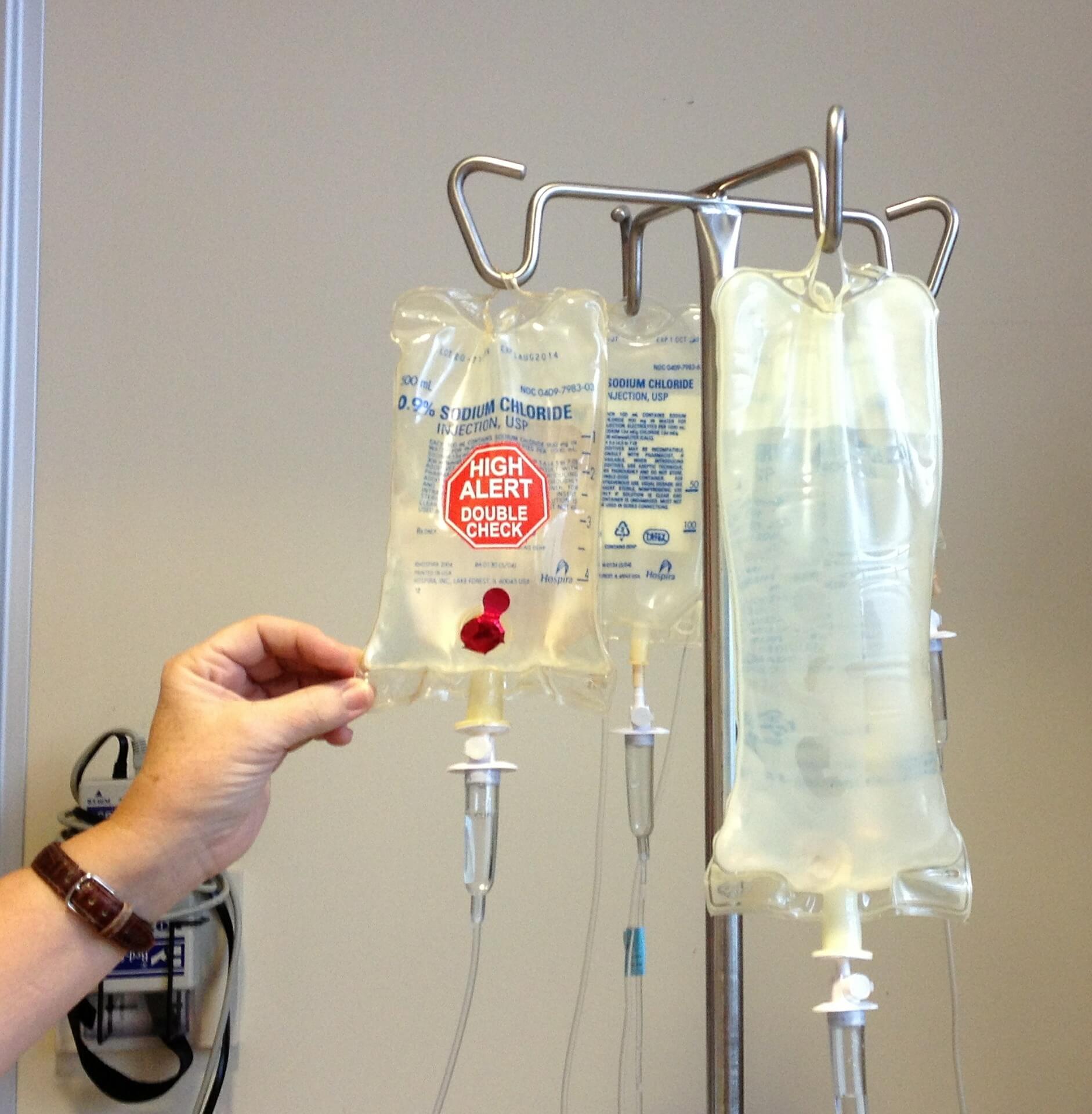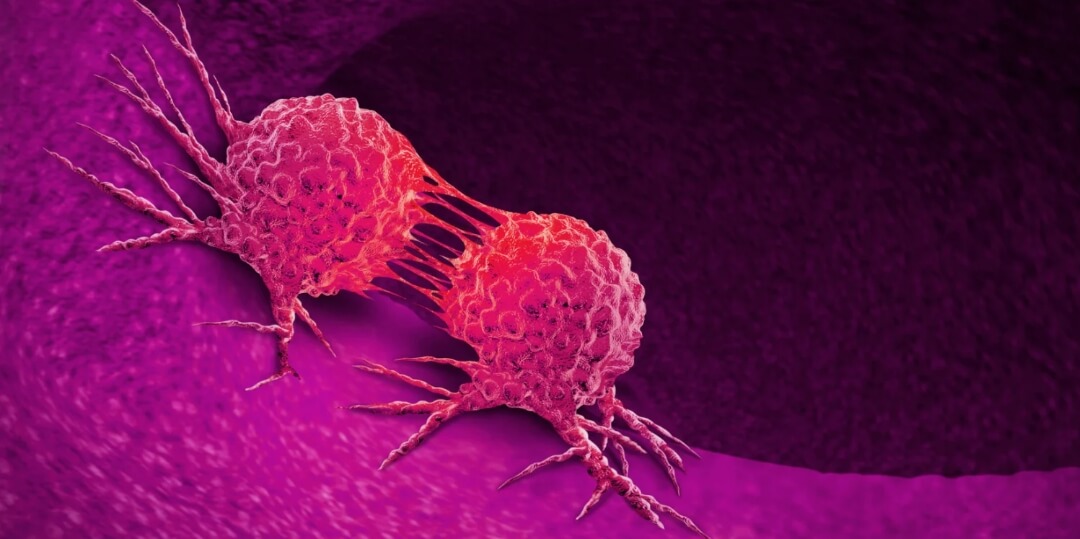
Women Who Work Night Shifts at a Higher Risk for Developing Breast Cancer?
A recent widely reported medical study found that working the night shift increases the risk for developing breast cancer (mostly) or any cancer in women. But this is only half the story. Previous studies have shown a similar increase in the risk of cancer for men. On looking at specific cancers, the researchers found that women who worked long-term night shifts were at even greater risk for developing breast cancer, skin cancer, and lung cancer. Previous research has shown that night shift work can severely disrupt our circadian rhythm. This is the internal clock that regulates the body’s physiological processes over a 24-hour cycle, and it primarily responds to light and dark in the environment. Shift work has been linked to a wealth of poor health outcomes, including obesity, heart disease, and some types of cancer.
How is night shift work linked to breast cancer?
Night shift work can change a person’s regular sleep-wake cycle. Our sleep-wake cycle is a roughly 24-hour rhythm that tells us when we are alert or sleepy. Humans are naturally active during the day and sleepy at night. However, women who work night shifts reverse this pattern. When a woman is working night shifts, she might use external signals, like artificial light or caffeine, to help tell her body to stay awake. The problem is that her body still sends internal signals that it is time for sleep. These different signals disrupt her natural sleep-wake cycle.
Hormones and other bodily activities do not change to match the woman’s work schedule either. Some of these hormones affect tumors, so this can allow tumors to grow. One example is the melatonin that our bodies make at night to help us sleep. Melatonin helps to prevent tumor growth. A woman who works in artificial light at night makes less melatonin. Another example is glucocorticoids, which our bodies make when we are stressed. People who work night shifts have higher levels of glucocorticoids that help tumors survive.



